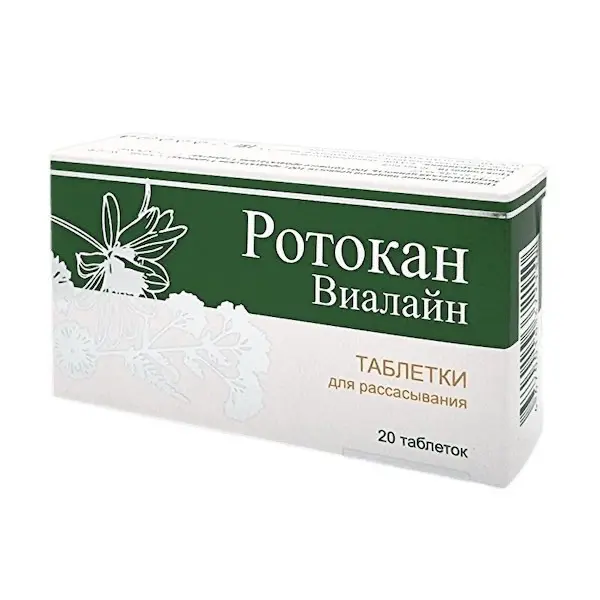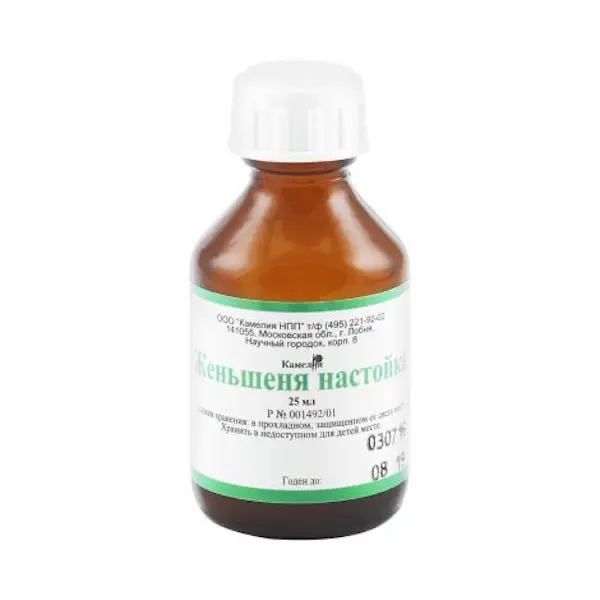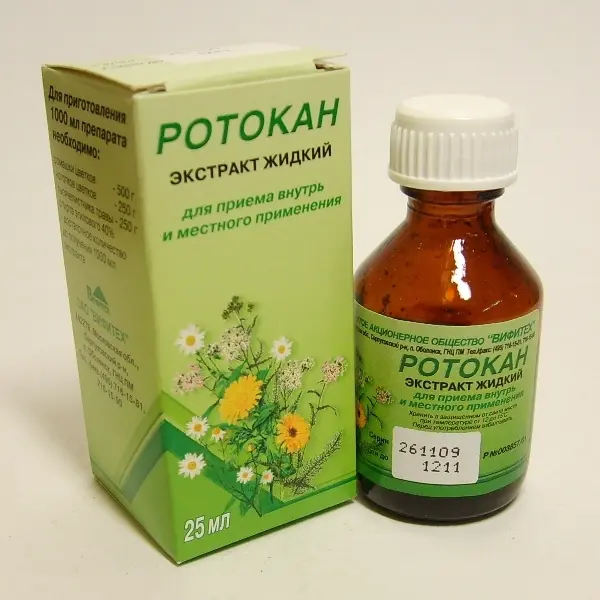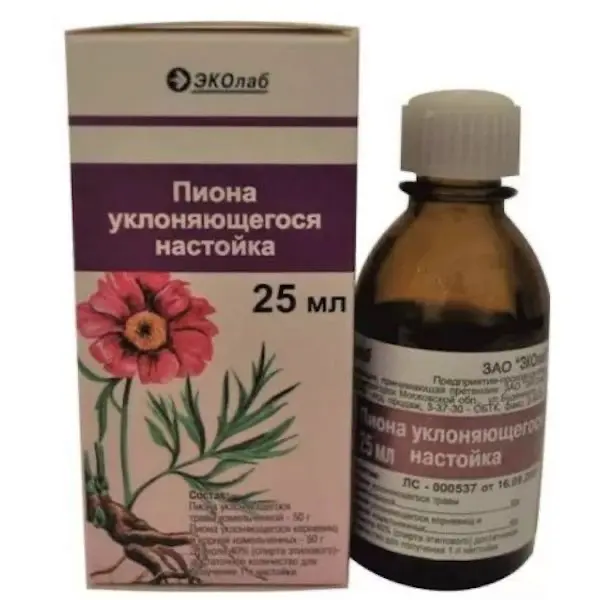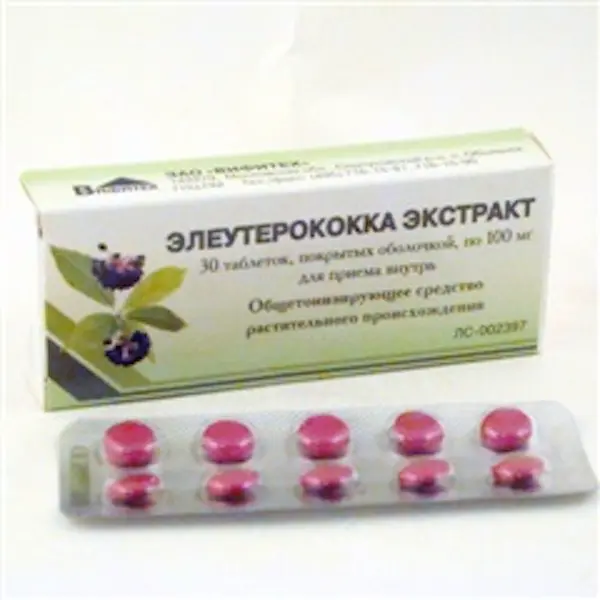Description
Rotokan-Vialine Description
Description of the active ingredients:
Vitamin C – ascorbic acid.
Ascorbic acid is involved in the following chemical processes of the human body: the formation of collagen, serotonin from tryptophan, catecholamine formation, synthesis of corticosteroids.
Ascorbic acid is also involved in the conversion of cholesterol into bile acids.
Vitamin C itself neutralizes the superoxide radical to hydrogen peroxide.
Restores ubiquinone and vitamin E. Stimulates the synthesis of interferon, therefore involved in immunomodulation. Converts trivalent iron into divalent iron, thus promoting its absorption.
Inhibits glycosylation of hemoglobin, inhibits the conversion of glucose into sorbitol.
People must get ascorbic acid with food, because the gene responsible for the formation of one of the enzymes of ascorbic acid synthesis is nonfunctional.
Fresh chamomile flowers (Chamomillae recutita flores)
Chamomile flowers include a large complex of chemical elements.
In ideal proportions it combines bisabolol oxide and essential oil, cadinene, farnesene, coumarin, choline, polysaccharides, phytosterol, and fatty acid glyceride. Among the biological acids in its composition are noilic acid and isovaleric acid. This flower also has antibacterial properties due to the presence of flavonoids in its composition. These include quercitin, luteolin and aigenin. Only due to the presence in the composition of all these elements, chamomile has antimicrobial and antiviral properties.
Chamomile flowers are useful in the treatment of viral colds. It is also used, with gas in the intestines. This flower is also useful for improving digestion. By stimulating the secretion of gastric juice through a gentle effect on the digestive tract and intestinal mucosa, chamomile increases appetite. Chamomile apothecary flowers are a good adsorbent because it absorbs toxins thanks to its useful qualities.
Yarrow herb (Herba Achilleae millefolii)
Yarrow herb contains up to 0.8% essential oil (it includes hamazulene, millefolide, borneol, cineol, camphor, thujol, etc.), tannins, vitamins C, K, bitterness (achillein), flavonoids (rutin, luteolin, etc.), saponins, macro-and micronutrients and other biologically active substances.
Yarrow herb has a hemostatic, anti-inflammatory, antibacterial properties, increases appetite, increases bile secretion.
Leaves, young shoots and flowers are used in cooking. Yarrow herb is used fresh as a seasoning when cooking meat and fish, added to salads and vinaigrettes.
Leaves and flowers are used in liquors and infusions, table wines and kvass, jellies and mousses in dried form.
During the use of yarrow as a spice, you should be careful. With excessive use, poisoning is possible, which will manifest itself in dizziness and a rash on the skin.
People with high blood clotting and with a tendency to thrombosis, it is not recommended to take preparations of yarrow.
Calendula flowers (Calendulae flos) or Calendula officinalis L.
Calendula flowers contain up to 3% carotenoids and up to 0.8% flavonoids.
Carotenoids include lutein, triterpene saponins (2-10%) and polysaccharides (up to 15%). The flowers smell and their phytoncidal properties are determined by essential oils, which the flowers contain 0.02%. Flowers also contain marigold bitter substance (up to 19%), up to 4% mucilage, up to 3.4% resins, phytoncides, organic acids, glycosides, tannins, saponins, up to 8% of organic acids, vitamin C, potassium, calcium, magnesium, number of microelements, etc.
In the food industry marigold flowers are used for flavoring and coloring cheese and butter, as a seasoning for soups, salads, stews.
Indications
As a dietary food supplement – an additional source of vitamin C and flavonoids in the count of rutin.
Contraindications .
Not recommended for persons with an individual intolerance to the components, pregnant and lactating women.
Dosage and administration
- Adults take 1 tablet four times a day before meals.
- The duration of intake – 30 days.
- Caution patients with diabetes and carbohydrate metabolism disorders.
- Before application it is recommended to consult with the doctor.

